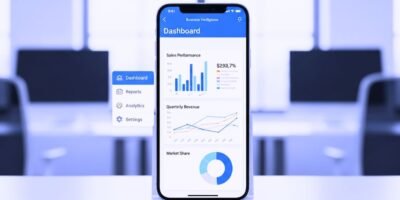Sony AI has introduced a new dataset called the Fair Human-Centric Image Benchmark (FHIBE), pronounced “Phoebe”. This tool helps test the fairness and unbiasedness of AI models. Sony describes FHIBE as the first publicly available dataset of diverse human images from around the world, all obtained with consent, to assess bias in computer vision tasks. Simply put, it shows how well today’s AI models treat people equally. Sony found that no existing dataset from any company fully met its fairness standards.
Sony believes FHIBE can help address ethical and bias issues in the AI industry. The dataset includes pictures of nearly 2,000 people from over 80 countries, all of whom received payment for their participation. Importantly, everyone gave their permission for their likenesses to be used, which is a big difference from the common practice of just grabbing large amounts of data from the internet without consent. Participants in FHIBE also have the right to remove their images at any time. Their photos include notes about their background, physical features, surroundings, and even camera settings.
The tool confirmed biases that researchers had noticed before in today’s AI models. But Sony says FHIBE can also pinpoint the exact reasons behind those biases. For example, some models struggled to recognize people who use “she/her/hers” pronouns, and FHIBE showed that different hairstyles were a previously overlooked reason for this.
FHIBE also discovered that current AI models reinforced stereotypes when asked simple questions about someone’s job. The models tested were particularly unfair to certain pronoun and ancestry groups, describing subjects as sex workers, drug dealers, or thieves. When asked what crimes a person committed, models sometimes gave “toxic responses” more often for individuals of African or Asian descent, those with darker skin tones, and those who identify as “he/him/his.”
Sony AI states that FHIBE proves it’s possible to collect data ethically, with diversity and fairness in mind. The tool is now available to everyone and will receive updates over time. A paper detailing this research was published in Nature on Wednesday.













